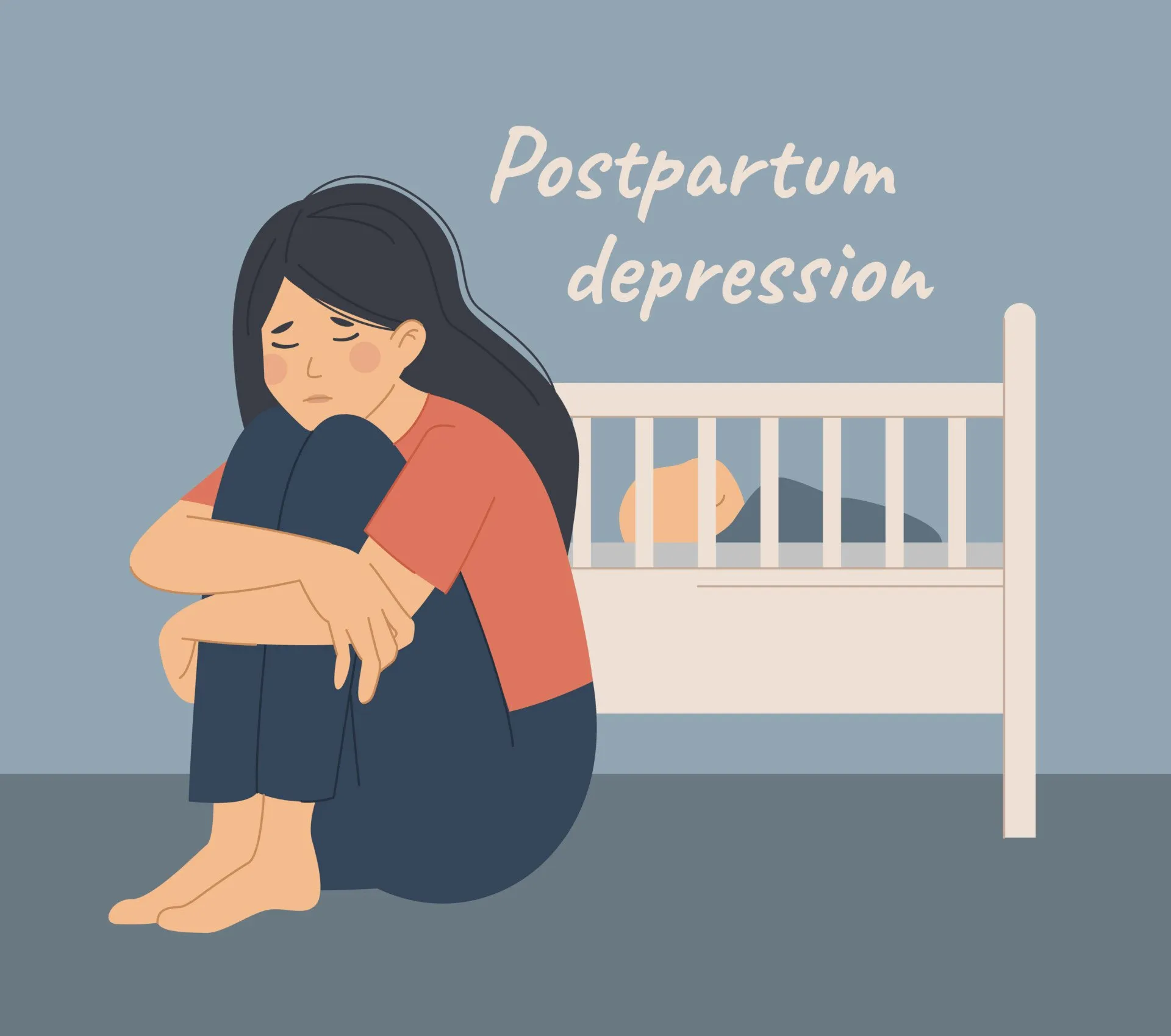The transformation into motherhood is a profound journey, occasionally marked by emotional turbulence. Postpartum depression (PPD) is a significant challenge that many new mothers face, overshadowing what should be a joyful time with overwhelming feelings of anxiety, sadness, and fatigue. Juggling the myriad of life’s responsibilities while navigating postpartum depression can seem insurmountable. Below, we explore strategies and supportive measures to help manage this delicate balance.
Understanding Postpartum Depression and Its Impact on Daily Life
Postpartum depression is more than just ‘baby blues.’ It’s a complex mix of physical, emotional, and behavioral changes that happen in some women after giving birth. The condition is characterized by severe mood swings, fatigue, and a sense of hopelessness, interfering with a mother’s ability to care for her child or herself.
Day-to-day activities may feel burdensome as the veil of PPD looms, creating barriers to bonding with the baby, undertaking household tasks, and maintaining personal relationships. Its impact extends beyond the psychological, potentially affecting every facet of daily routine and overall quality of life. Understanding the severity and reach of PPD is the first step towards managing its effects.
One of the cornerstones of managing postpartum depression is recognizing the symptoms early and seeking appropriate help. This may include consulting healthcare professionals, joining support groups, or seeking therapy. Indeed, the assistance of a postpartum depression therapist can be invaluable in providing the right psychological support and coping strategies.
New mothers and their partners need to understand that PPD is a medical condition and not a result of failure or weakness. Acceptance can empower women to pursue the treatment and support necessary for recovery, which positively affects the ability to navigate daily tasks and responsibilities.
Strategies to Balance Parenting Responsibilities While Managing Postpartum Depression

When coping with PPD, the demands of parenting can seem particularly overwhelming. Creating a structured yet flexible routine can assist in making daily tasks more manageable. By setting realistic expectations and giving oneself permission to accomplish less than what might have been possible before, the pressure can be reduced.
Nurturing a new life requires immense energy, which can leave little for other tasks. Therefore, prioritizing parenting responsibilities over less urgent chores can be helpful. It’s crucial to focus on what matters most—caring for the baby and ensuring that you are also cared for in the process.
Accepting help from others can relieve some of the burdens. Hire a professional HVAC contractor like Metz Air Control, who can give you peace of mind if your HVAC is malfunctioning. Delegating tasks, when possible, to a partner, family member, or friend can create breathing space. Even simple actions such as someone else preparing a meal or doing laundry can provide significant relief.
Making time to bond with the baby in a relaxed, pressure-free setting can counter feelings of inadequacy that often accompany PPD. Gentle play, skin-to-skin contact, or simply talking to the baby can foster connection and enhance mood for both mother and child.
The Importance of Personal Well-Being and Self-Care Techniques
Self-care is paramount when facing PPD, though it’s often the first thing neglected. Mothers should be encouraged to take time for themselves—even if it’s just a few minutes a day—to engage in activities they enjoy or that provide relaxation.
Physical well-being through proper nutrition, rest, and exercise can have a profound effect on mental health. While finding the time or energy to focus on these areas may be challenging, small, consistent steps can lead to meaningful improvements in overall mood and well-being.
Developing coping mechanisms such as meditation, deep breathing exercises, or yoga can also be beneficial. These activities can promote relaxation, reduce stress, and enhance one’s ability to manage the symptoms of PPD.
For those moments when the house isn’t silent and well-being seems like a distant dream, having a go-to list of quick self-care activities can be a lifesaver. Simple acts such as enjoying a cup of tea, reading a favorite book, or taking a short walk can be restorative.
Overall, managing postpartum depression while juggling life’s responsibilities requires understanding, practical strategy, and a compassionate support network.

